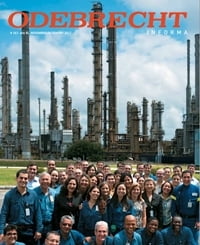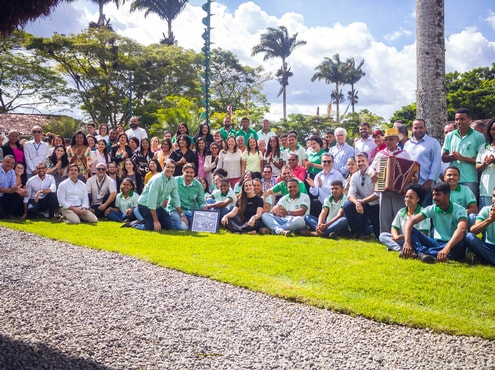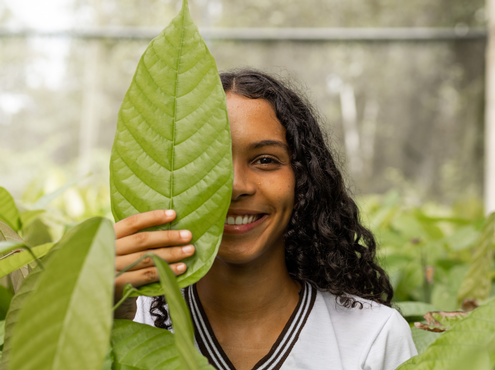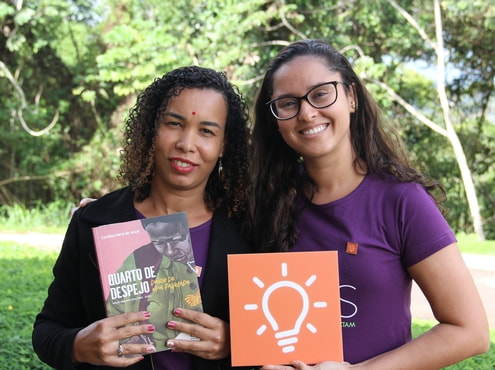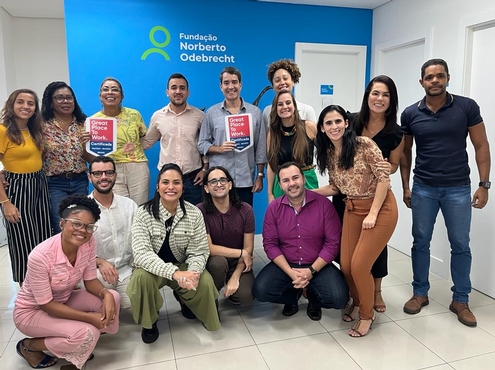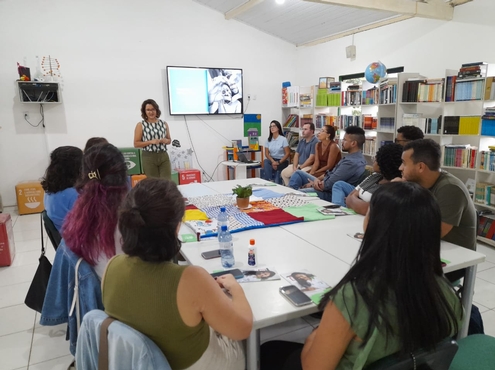Edition 163 – The future is in the air
In Bahia, Rural Family Houses create a new generation of entrepreneurs, able to conduct business and become leaders in their communities. See the trajectories of young people who experience this reality
1 de December de 2012



